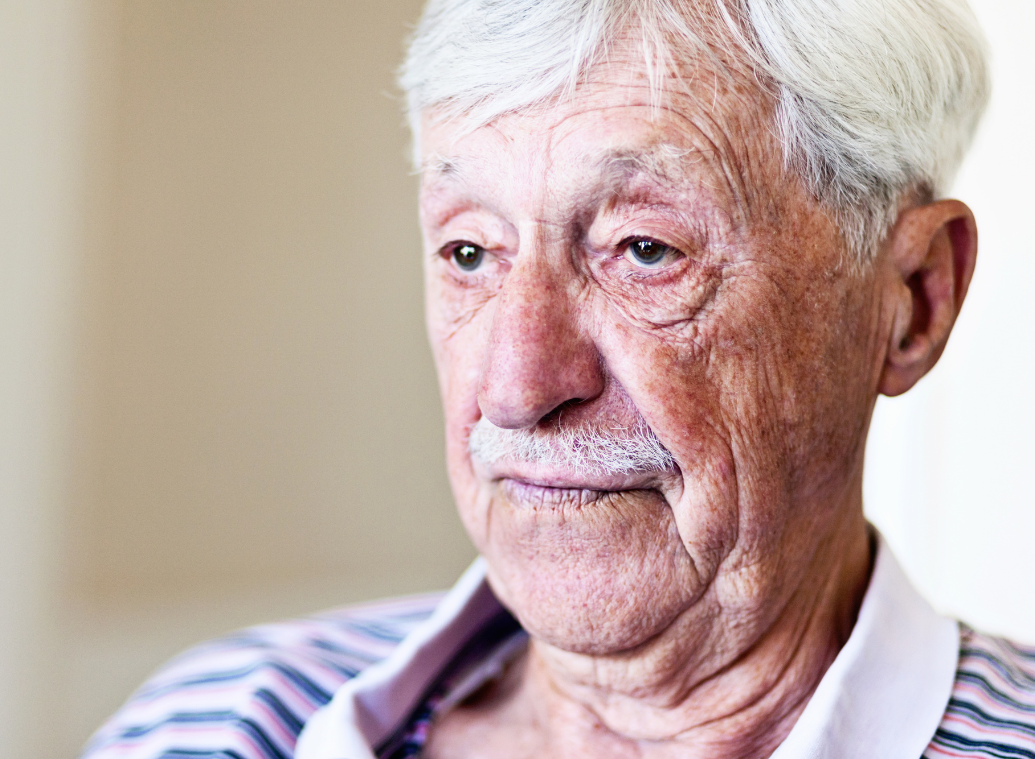THIS is how a video game could help boost brain function of Parkinson’s sufferers
Published 28 Jun 2016

Around 127,000 people in the UK have Parkinson’s, an incurable neurological condition that affects the brain and other parts of the nervous system.
While the main symptoms of the disease relate to the body’s movements - where the majority of research projects have been focused to-date - it is estimated that at least a third of patients also suffer from cognitive impairments which can significantly impact their quality of life.
The Parkinson’s trial, will use MyCognition’s cognitive measurement tool, MyCQ, to assess participants’ cognitive function in their own homes.
The trial is the first to focus on the disease’s cognitive impact using a scientifically designed video game as a non-invasive medical device.
Professor Bas Bloem, Medical Director at the Parkinson Centre Nijmegen, said: “It is well known that Parkinson’s patients often experience great difficulties with their cognition, but to date there is no effective treatment for this.
“The majority of research projects into potential treatments still focus on the motor impact of the disease.
“That is why I am so excited about this new clinical trial that we are now undertaking using MyCognition’s cognitive training programme.
“This new approach offers people with Parkinson’s hope that a new non-invasive treatment could be effective in addressing the cognitive effects of the disease and significantly improving their quality of life.”
Dr Beckie Port, from Parkinson’s UK said: “We still have a long way to go to understand why thinking and memory problems happen in Parkinson’s, but we know that keeping your memory and thinking as active as possible is important.”
She added: “The individualised nature of this brain-training programme is likely to bring more benefit than a ‘one size fits all’ treatment as no two people with Parkinson’s experience the condition in exactly the same way. Research such as this has the potential to help people with Parkinson’s stay as independent as possible when going about their day-to-day life and allow greater control over their condition.
“If successful we look forward to seeing this training programme implemented more widely.”
The data from MyCQ then personalises the online programme, focusing the training on improving each individual patient’s cognitive areas of greatest need.
At the same time, the video game also offers holistic training across the five key cognitive areas - working memory, episodic memory, processing speed, executive function, and attention.
The video game will specifically target the cognitive 'domains' that are hampered most.
MyCQ, developed with support from the University of Cambridge by a leading group of cognition experts, combines over 200 years of neuropsychiatric research in a self-administered 30-minute assessment, so it can be safely and easily used by patients in the comfort of their own homes.
The engaging training programme, which adapts to individuals based on their MyCQ score, was produced by BAFTA-winning, videogame studio Preloaded.
A pilot study involving 40 participants will begin the trial, with the aim of extending this to 222 patients in total.
The patients will be recruited from the 1,500 Parkinson’s patients based in and around the cities of Nijmegen, Maastricht, and Heerlen in the Netherlands where the collaborating universities and medical institutions are based.
The researchers are expecting to be able to release the first results of this clinical trial in 2017.
Express
Comments
You will also like
Read the article

 Facebook
Facebook Twitter
Twitter

